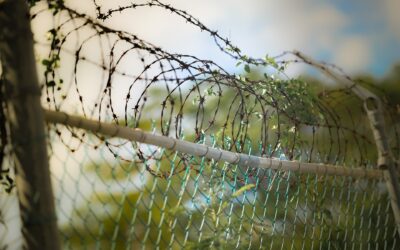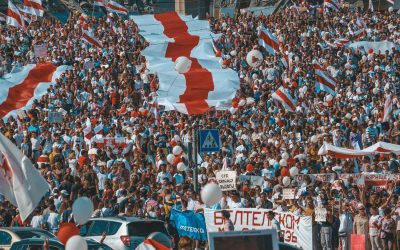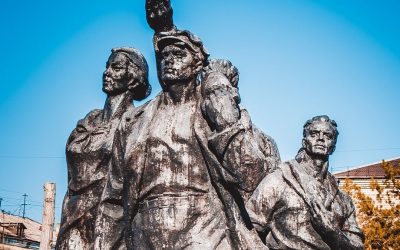Governments may seek to exert strict control over civil society, activists, journalists, and others who illuminate human rights issues related to business activities. The risks around government oppression and crackdowns are even higher when the government, powerful politicians, oligarchs, and/or political donors hold ownership or major interests in the business in question.
Oppression, government control, and authoritarianism can shrink the space for civil society to work on business and human rights issues. Attacks on human rights defenders are often more prevalent in these environments. Globally, repression of human rights defenders working on business-related issues has increased during the Covid-19 pandemic.
In Eastern Europe and Central Asia, governments have, at times, taken strict actions against human rights defenders, protestors, activists, and striking workers. Workers have been at the forefront of the protests in Belarus and have faced severe backlash for their activism.
Unions may also be a target, particularly when they speak out against State-owned enterprises. During the 2011 strikes in Zhanaozen, Kazakhstani police opened fire on striking oil workers, resulting in up 64 deaths and 400 injuries. However, Kazakhstani authorities claim the fatalities were much lower, just 15. In the coming months, State authorities tortured the striking workers and union leaders; as a result, the UN Committee Against Torture found Kazakhstan guilty of violating Article 15 of the Convention against Torture and Other Cruel, Inhuman or Degrading Treatment or Punishment. Shortly afterwards, Kazakhstan placed even tighter restrictions on independent trade unions.






